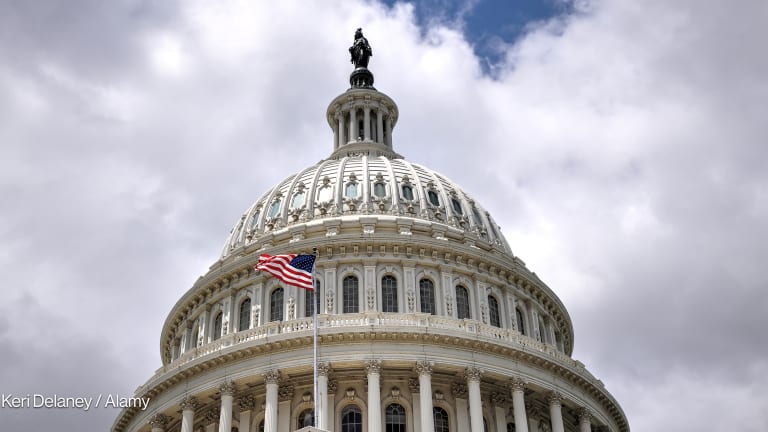The House Foreign Affairs Committee has passed a set of bills that would reauthorize the State Department and put in place a new organizational structure and set of policies and priorities, including how it will focus its foreign assistance programs, if they become law.
The decisions came late Thursday evening at the end of a marathon, nearly 36-hour markup hearing that kicked off Wednesday. Amid the lengthy debates, what emerged is that despite some areas of consensus among Democrats and Republicans on the committee, on the whole, they seem to have significantly different visions for the State Department and the future of U.S. foreign assistance programs and spending.
The final vote was a moment of relief for members who could finally head home to get some sleep. But this won’t be the last debate about the set of proposals: Further discussion could be in store if the bills make it to the House floor for consideration and approval by the full body of representatives.








